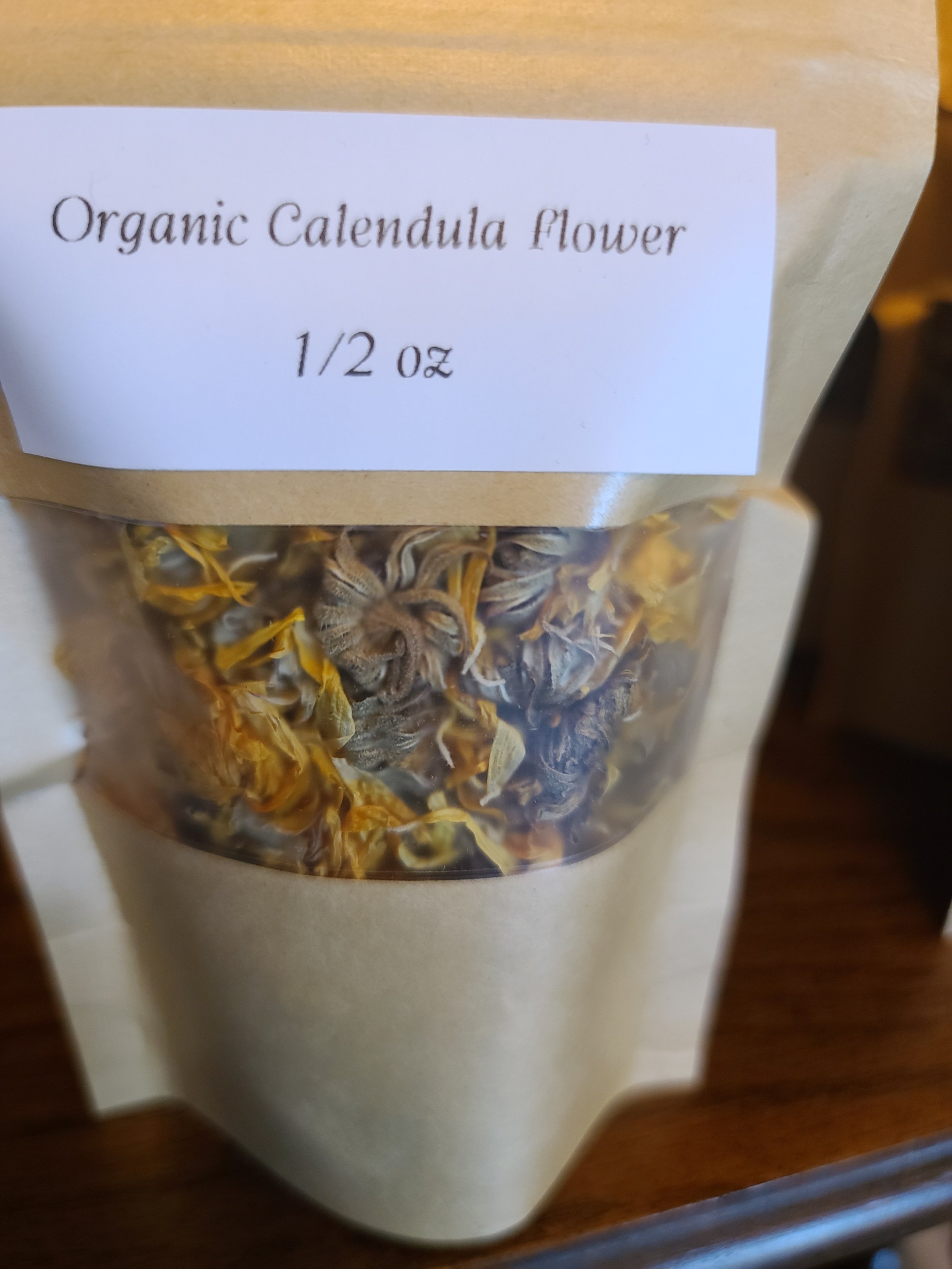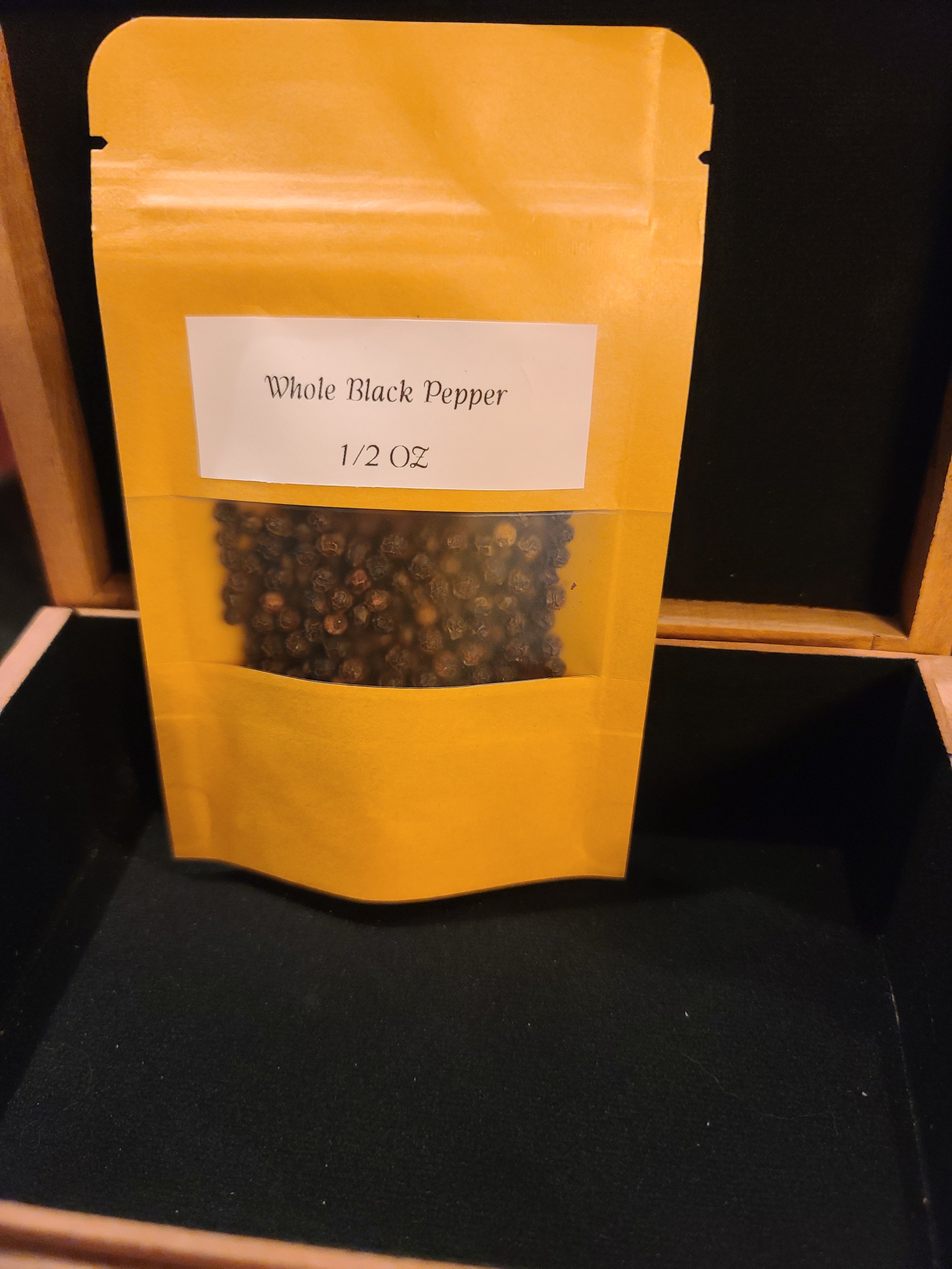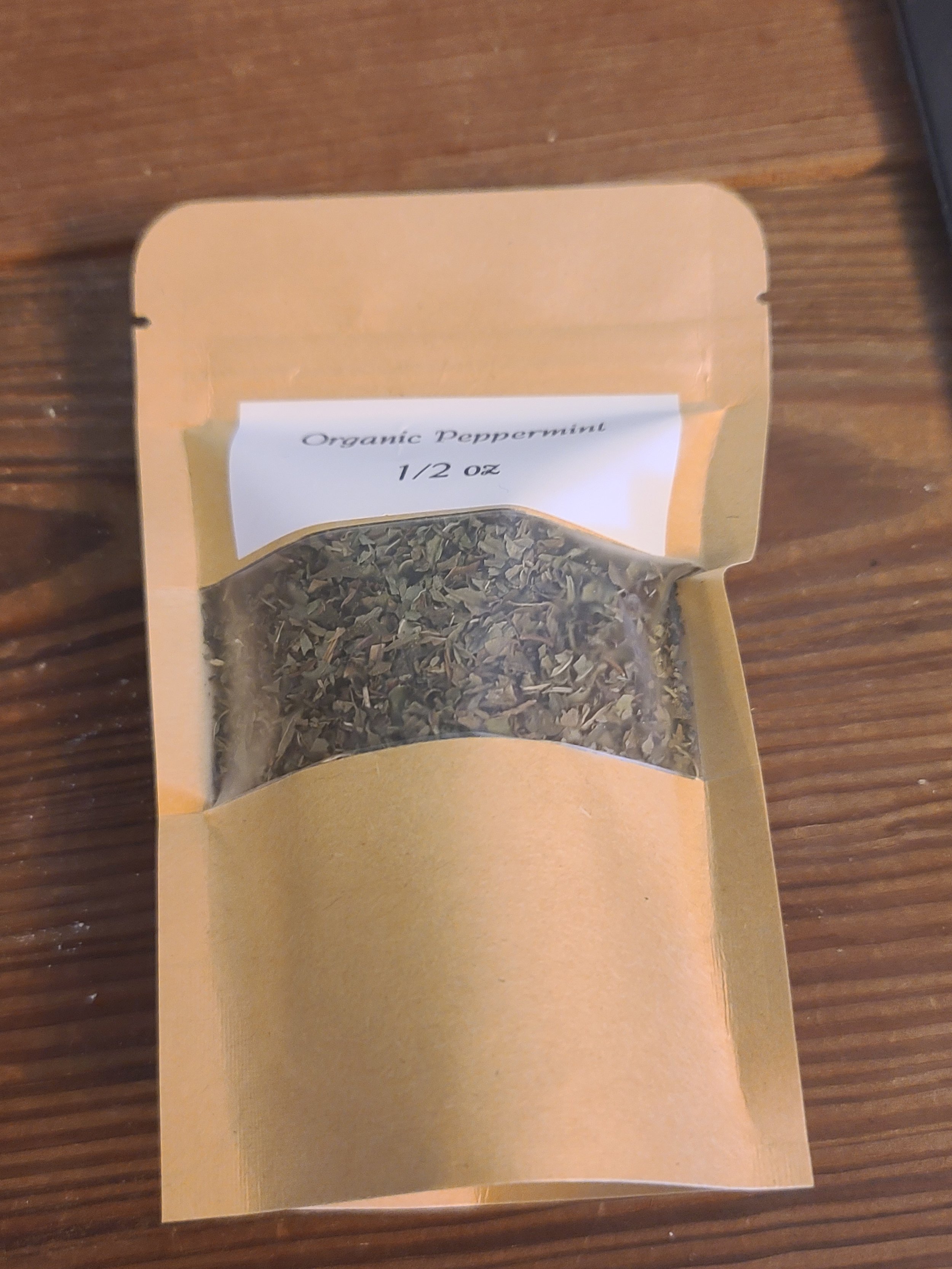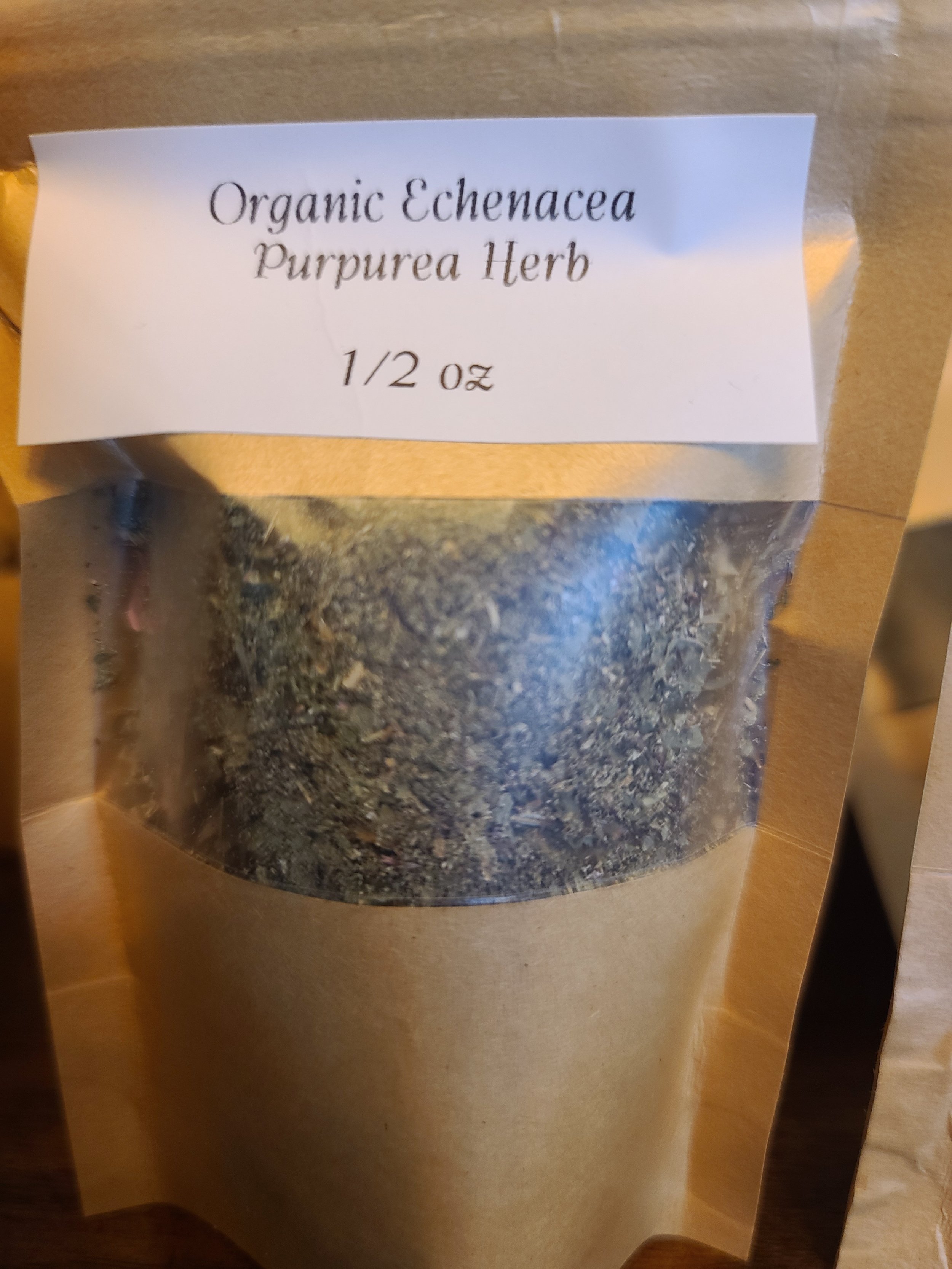Organic Calendula Flower
1/2 oz
Calendula officinalis is an annual herb bearing an edible orange or yellow daisy-like flower. Naturalized throughout most of the world, calendula flower is a cheerful ornamental plant employed by many herbalists for its beneficial properties. Calendula flowers can be infused in oils and incorporated into lotions, creams, and balms. They brighten herbal tea blends and make a tasty calendula tea infusion.
Calendula is a well-known herb and uplifting ornamental garden plant that has been used topically, ceremonially, and as a dye and food plant for centuries. It is also commonly referred to as marigold or pot marigold. Calendula is an annual herb bearing the characteristic daisy-like flowers of other members of the Asteraceae family, having bright orange or yellow terminal flower heads and pale green leaves. Native to Southern Europe, Egypt, the Mediterranean, and in the region spanning the Canary Islands to Iran, calendula is now naturalized in much of the world and is commonly grown in gardens.
Precautions
Persons with allergies to other members of the Asteraceae family (such as feverfew, chamomile, or Echinacea species) should exercise caution with calendula, as allergic cross-reactivity to Asteraceae plants is common. We recommend that you consult with a qualified healthcare practitioner before using herbal products, particularly if you are pregnant, nursing, or on any medications.
1/2 oz
Calendula officinalis is an annual herb bearing an edible orange or yellow daisy-like flower. Naturalized throughout most of the world, calendula flower is a cheerful ornamental plant employed by many herbalists for its beneficial properties. Calendula flowers can be infused in oils and incorporated into lotions, creams, and balms. They brighten herbal tea blends and make a tasty calendula tea infusion.
Calendula is a well-known herb and uplifting ornamental garden plant that has been used topically, ceremonially, and as a dye and food plant for centuries. It is also commonly referred to as marigold or pot marigold. Calendula is an annual herb bearing the characteristic daisy-like flowers of other members of the Asteraceae family, having bright orange or yellow terminal flower heads and pale green leaves. Native to Southern Europe, Egypt, the Mediterranean, and in the region spanning the Canary Islands to Iran, calendula is now naturalized in much of the world and is commonly grown in gardens.
Precautions
Persons with allergies to other members of the Asteraceae family (such as feverfew, chamomile, or Echinacea species) should exercise caution with calendula, as allergic cross-reactivity to Asteraceae plants is common. We recommend that you consult with a qualified healthcare practitioner before using herbal products, particularly if you are pregnant, nursing, or on any medications.
1/2 oz
Calendula officinalis is an annual herb bearing an edible orange or yellow daisy-like flower. Naturalized throughout most of the world, calendula flower is a cheerful ornamental plant employed by many herbalists for its beneficial properties. Calendula flowers can be infused in oils and incorporated into lotions, creams, and balms. They brighten herbal tea blends and make a tasty calendula tea infusion.
Calendula is a well-known herb and uplifting ornamental garden plant that has been used topically, ceremonially, and as a dye and food plant for centuries. It is also commonly referred to as marigold or pot marigold. Calendula is an annual herb bearing the characteristic daisy-like flowers of other members of the Asteraceae family, having bright orange or yellow terminal flower heads and pale green leaves. Native to Southern Europe, Egypt, the Mediterranean, and in the region spanning the Canary Islands to Iran, calendula is now naturalized in much of the world and is commonly grown in gardens.
Precautions
Persons with allergies to other members of the Asteraceae family (such as feverfew, chamomile, or Echinacea species) should exercise caution with calendula, as allergic cross-reactivity to Asteraceae plants is common. We recommend that you consult with a qualified healthcare practitioner before using herbal products, particularly if you are pregnant, nursing, or on any medications.







